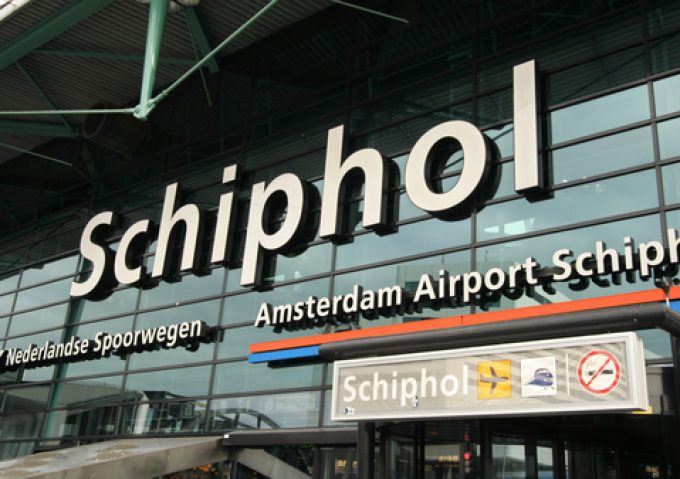Schiphol grows cargo volumes – but airport stakeholders want more
News that Schiphol (AMS) has grown its cargo volumes in the first half of the ...

Schiphol seems to hit the headlines more often than rival airports, and not in a good way: the latest bombshell is that it is being sued by IATA over its new ‘policy rule’ for slot allocation.
Netherlands slot coordinator ACNL has decided on various new priorities for slot allocation for summer 2022, including a list of ‘priority destinations’.
However, IATA argues that it contravenes European legislation and was improperly implemented, resulting in “egregious impacts”.
“Allowing airports to decide priority for slots, by destinations ...
Volcanic disruption at Anchorage could hit transpacific airfreight operations
Shippers snap up airfreight capacity to US ahead of tariff deadline
New price hikes may slow ocean spot rate slide – but for how long?
Forwarders stay cool as US 'liberation day' tariffs threaten 'global trade war'
Tighter EU import requirements proving 'a challenge' for forwarders
Supply chain delays expected after earthquake hits Myanmar
Looming Trump tariffs will create 'a bureaucratic monster' for Customs

Comment on this article